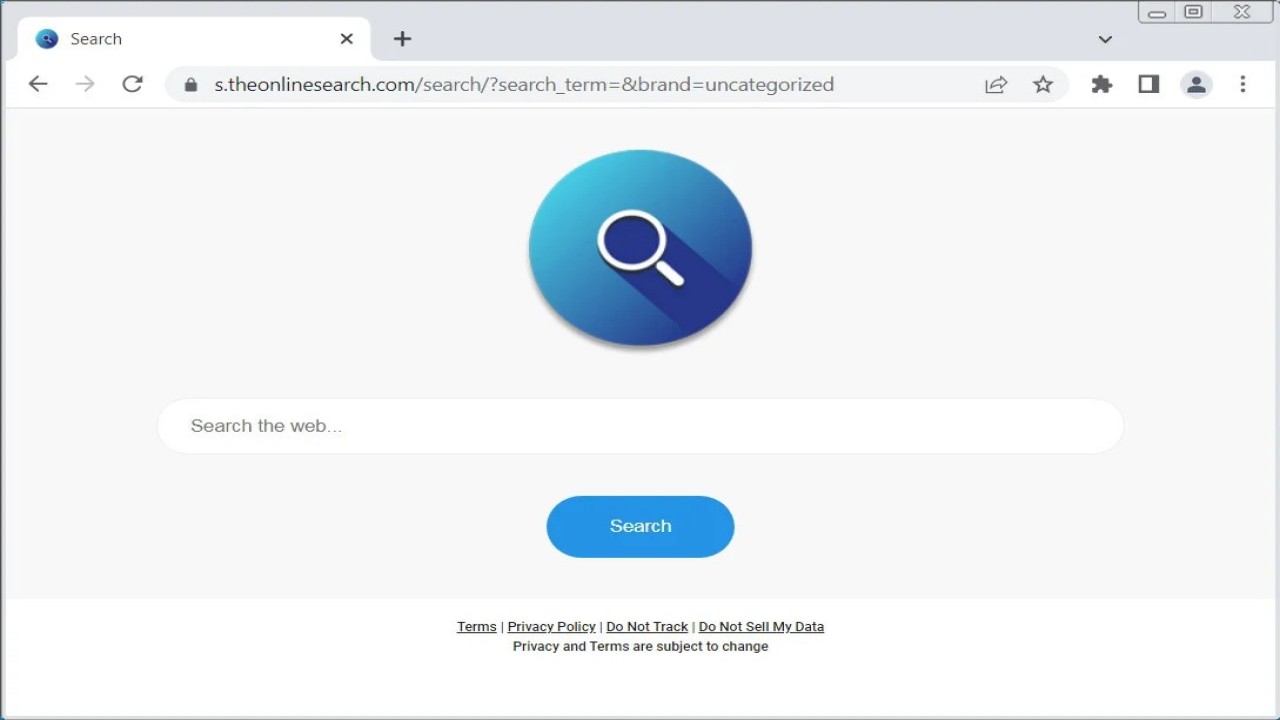uBlock Origin and the Future of Ad Blockers on Chrome
The landscape of online privacy and advertising is always changing, and these developments can have a big impact on the user experience. Google's move from Manifest V2 to Manifest V3 for Chrome extensions is one such impending shift. The full implementation of this change is scheduled for early 2025, which has caused users of well-known ad blockers, such as uBlock Origin, to express concerns. Discussions concerning user privacy, the effectiveness of ad blocking, and the future of web browsing have been triggered by the possible deactivation of uBlock Origin on Chrome.
Understsnding Manifests V2 and V3
It's critical to comprehend the distinctions between Manifest V2 (MV2) and Manifest V3 (MV3) in order to fully appreciate the significance of this shift. Numerous Chrome extensions, including ad filters like uBlock Origin, are based on Manifest V2. It is very useful for blocking advertisements, trackers, and other undesired content since it enables extensions to intercept and alter network requests.
In contrast, Manifest V3 brings about a number of noteworthy adjustments that are meant to improve security, privacy, and performance. The switch from background pages to service workers—which operate in the background and can be paused when not in use—is among the most noticeable modifications. Although this alteration lowers the amount of resources that extensions use, it also places more stringent restrictions on how they can respond to network requests.
The Effect on the Origin of uBlock
Strong ad-blocking capabilities are one of uBlock Origin's main dependencies on Manifest V2's features. The extension ensures that advertisements and trackers are filtered out before they reach the user's browser by using a technique known as "webRequest API" to block and modify requests in real-time. The use of this API is restricted by Manifest V3, which forces developers to rely on a less flexible "declarativeNetRequest API," which lacks the freedom of the webRequest API but predefines blocking rules.
This change presents a problem for uBlock Origin since the creator of the extension, Raymond Hill (sometimes referred to as "gorhill"), has voiced reservations with MV3's limits. The amount of blocking rules that can be used is limited by the new API, which may lessen the impact of ad-blocking. Moreover, extensions find it challenging to adjust to new and developing tracking methods due to MV3's declarative structure.
Google's Argument and User Issues
Google has used the requirement for increased security and privacy as justification for the switch to Manifest V3. According to the company, MV3 will stop malicious extensions from misusing the webRequest API to alter or steal user information. Google wants to make its consumers' online experiences safer, which is why it is restricting the functionality of extensions.
This change hasn't, however, been without debate. Developers and privacy advocates are worried that Manifest V3 may make it harder for users to take charge of their online experiences. Users now have the ability to prevent annoying advertisements, safeguard their privacy, and speed up page loads thanks in large part to ad blockers like uBlock Origin. These advantages might be lessened by MV3's limitations, giving users less possibilities for personalizing their browsing experiences.
Options and the Path Ahead
Alternative solutions are being investigated by users and developers as the deadline for the complete switch to Manifest V3 draws near. Manifest V3 is compatible with uBlock Origin version uBO Lite, which has already been made available by Raymond Hill. Nevertheless, this version might not provide the same level of ad-blocking efficiency and is missing some of the more sophisticated features of the original extension.
Although other ad blocks, including Ghostery and Adblock Plus, are also adjusting to the new norm, consumers may need to reduce their expectations in terms of flexibility and blocking performance.
One option for Chrome users who are worried about the future of ad-blocking is to move to other browsers that support Manifest V2 or provide better options. For individuals who wish to keep blocking ads to the extent they now do, Firefox, for instance, has stated that it will support the webRequest API.
The Wider Consequences
Beyond ad-blocking, the move from Manifest V2 to V3 represents a larger trend in the digital sector where platform owners are attempting to restrict more and more how outside developers can use their systems. Although this may result in improved performance and security, it also calls into question user autonomy and the distribution of power between the open-source community and the tech industry.
Users will need to be more careful about the extensions they use and the permissions they allow as we progress toward a web where Manifest V3 becomes the standard. The discussion over uBlock Origin's compatibility with Chrome serves as a warning that the privacy and control tools we depend on may not last forever.
The switch to Manifest V3, which may result in the deactivation of uBlock Origin on Chrome, is a turning point in the continuing conflict between platform control and user privacy. Although it is admirable that Google wants to increase security and privacy, the restrictions placed by MV3 may make ad blockers less effective and limit users' ability to personalize their online experiences. Users and developers alike must adjust to a shifting environment and take into account alternate options as the deadline for this transition draws near in order to preserve control over their browsing experience.




Comments (0)